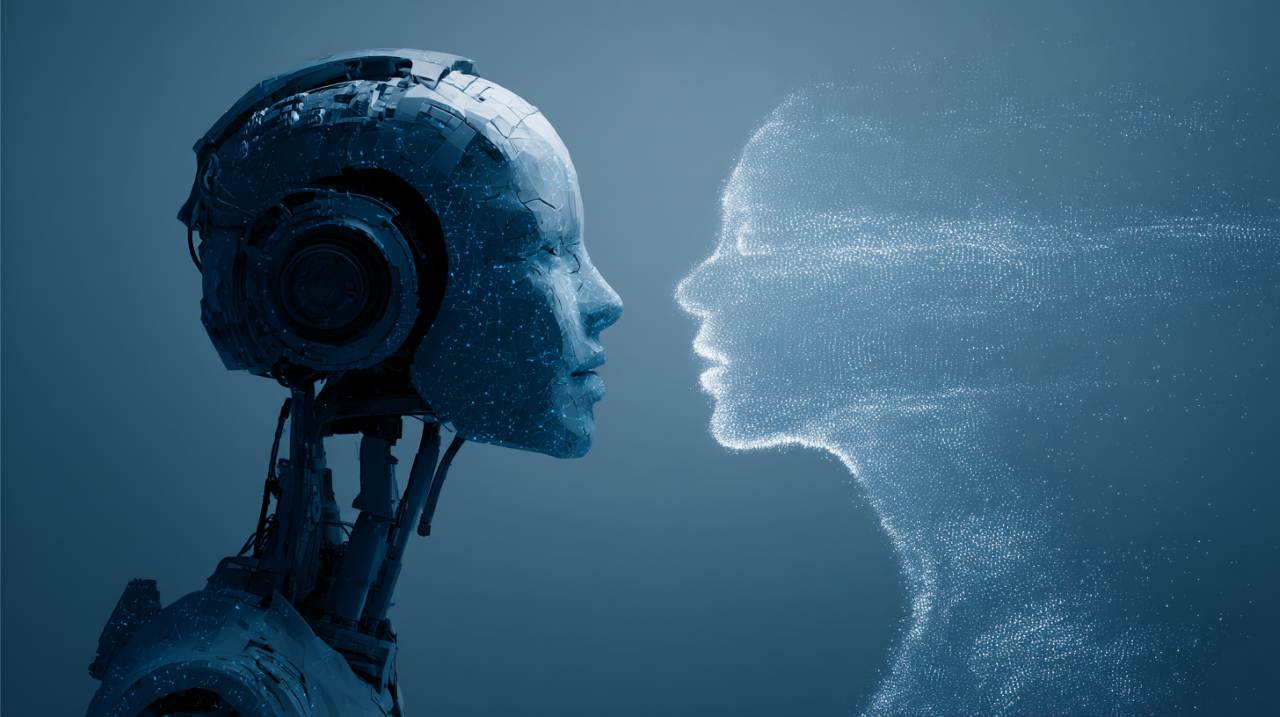
There are thousands of unique languages and dialects in the world, and it’s impossible to learn and understand all language combinations. This means that we all need to translate text, speech, and symbols when traveling, carrying out international business, or making foreign friends.
Applications and services from technology companies have made translation services more accessible, but the advent of AI is taking things to a whole new level. Are you ready to learn about this technology’s impact on translation and whether it’s better than human-powered translations?
Let’s go over the pros first.
AI Is Democratizing Translation
In the past, people needed to pay translators or find a native speaker willing to translate for them, but when language services like Google Translate became popular, more people than ever could easily access translation services. This technology is taking this concept a step further by ensuring that people with rudimentary devices and unstable network connections can easily carry out translation tasks even on advanced services like vulkan bet casino. You no longer need to download an app or sign up for multiple services to converse with people who do not speak your language.
Lowering Barriers to More Languages
Artificial intelligence is helping make translation more immersive and global by helping new languages “come online” faster. It’s not hard to translate texts from English to Spanish or French to Cantonese, but problems arise when trying to translate between lesser-spoken languages like Wolof or Creole. This technology is helping builders and programmers incorporate as many new languages as possible into the global registry. Doing this helps make our world a better place while opening new business and social opportunities between groups who struggle to converse with each other.
The Speed Factor
When comparing software that incorporates AI technology with those that do not, the speed differences are often crystal clear. Predictive features can predict what a user is about to type or say once they begin speaking or typing, so results are prepared before users are done inputting their prompts. Some users share that the technology almost feels like it’s reading their mind when they use it because results are ready milliseconds after clicking “enter.” If your translation needs demand speed, choosing a service powered by this technology is likely your best option.
But what about the cons of using this technology for translation? Let’s find out below.
False Results
You might have heard complaints about how often services powered by this technology return blatantly false translations. It can be comical at times watching this technology try to make things up when it doesn’t have the answer users require. There have been improvements in the quality of work, but this technology still has a long way to go before being able to rival or complement humans. Some striking examples include AI services that generate false information or return translations in entirely unrelated languages.
Your Data and Likeness Might Not Be Safe
Data security is a major issue when using AI-powered products because many of the companies offering these services have been able to get away with bad and sometimes illegal behavior, due to lagging legislation and regulation. Some companies keep all your uploaded intellectual property and will be able to use it in perpetuity for whatever they wish. Before signing up for a service, take the time to read the fine print; it’s a matter of personal security.
Replacing Certified Language Experts
Many businesses offering language services have been more than willing to replace language experts with generative artificial intelligence because it helps their bottom line by cutting costs. The unfortunate truth is that the act of using such services is most likely leading to language professionals losing their jobs, and that hurts the entire community in the long run. One of the most under-discussed impacts of this technology is that it might be leading to worse language literacy among the general population. It’s your duty as a user to probe the operations of companies behind products you plan to use, ensuring that they are operating sustainably.
Humans Are Better, for Now
AI excels in a lot of areas, but the lapses are too severe and frequent to ignore. This technology has what it takes to help improve how we communicate across languages and dialects, but it can only achieve this feat with the help of human language professionals. Humans are great, artificial intelligence has what it takes to become great, but together, the world can benefit from linguistics and language professionals using state-of-the-art machine learning technologies to improve how we communicate globally.
